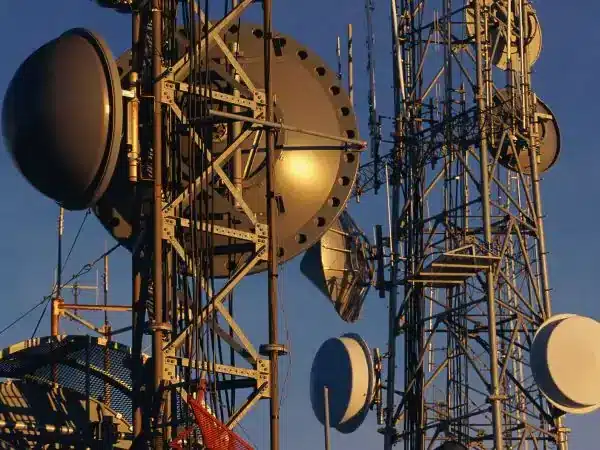Claims that the increased tariffs for telecommunications services are primarily about industry sustainability are not exaggerated, according to former ntel CEO Ernest Akinlola.
Following years of discussions with the Nigeria Communications Commission (NCC), telcos in Nigeria finally received the green light in January 2025 to increase tariff prices by up to 50%.
The tariff increase, the country’s first in over a decade, has been met with disapproval in certain quarters. But according to Akinlola, the tariff increases are not just necessary; the insistence by telco executives that the primary motivation is industry sustainability is largely accurate.
“You have to take it at face value. It’s not scaremongering; it’s not an exaggeration. Yes, everybody will play their best hand to try and achieve the best that they can in the negotiation, but sustainability is the right word,” he told Techpoint Africa. “While we have the big four in telecoms, it is not inconceivable that if this had continued, there was going to be a challenge to the bottom two in the market.”
Drawing parallels with the banking industry, Akinlola notes that telcos continuously absorbing the increased costs of doing business would have ultimately led to a position where some players would either get acquired or go into a merger.
“Nobody’s just going to go bust because they’ve got millions of subscribers, but there would be consolidation in the market. Don’t banks acquire weaker banks? So what would happen is you wouldn’t see a telco go bust per se, but what you would see is they would be acquired or merged with another one to retain them. This happens all the time in every industry.”
Unlike most sectors in Nigeria, telecommunication prices are regulated with the NCC setting a price ceiling and price floor for operators.
Explaining the recent increase, Reuben Mouka, Director, Public Affairs at the NCC, said in a statement, “The NCC has prioritised striking a balance between protecting telecom consumers and ensuring the sustainability of the industry, including the thousands of indigenous vendors and suppliers who form a critical part of the telecommunications ecosystem.”
While telco operatives have been fine with a price control mechanism due to the industry’s role in the Nigerian economy, industry experts argue that recent economic changes have made current prices unsustainable.
Speaking at a forum for telco CEOs on Saturday, January 31, Tobechukwu Okigbo, MTN Nigeria’s Chief Corporate Services and Sustainability Officer, noted that while the prices of most goods and services in the country have increased, telcos have maintained their prices despite increased costs.
Akinlola agrees with Okigbo, noting that while it is unreasonable for telcos to increase prices as frequently as other sectors do, they must be allowed to cover their cost of operations.
“Telcos do go bust like any other company. If the economics don’t suit it, they will just withdraw the investment,” he notes.
Price increases and profitability
After years of recording profits, MTN Nigeria recorded after-tax losses of ₦137 billion in 2023. Similarly, Airtel Nigeria saw its year-on-year revenues drop from $2.13 billion to $1.5 billion in FY23/24.
These losses were primarily driven by forex losses and the naira devaluation, as telcos had to pay for major expenses such as equipment in foreign currency. Moreover, the cost of powering base stations, which Akinlola notes often makes up to 60% of telco expenses, has risen thanks to an increase in the price of petroleum products.
Critics of the tariff hike have argued that the price increase is unfair considering the general state of Nigeria’s economy. It has also been argued that telcos could have done more to stave off the need to increase tariff prices.
Akinlola refutes that, arguing that telcos have made significant investments aimed at increasing their market share and cutting costs, adding that most telcos have diversified their service offerings to stay competitive.
In response to claims that the goal of the tariff increase is higher profits, he notes, “It doesn’t necessarily mean that their profitability is going to shoot up through the roof. All it means is that the potential losses they would have made can be somewhat mitigated and they can maintain a certain level of quality of service.”











